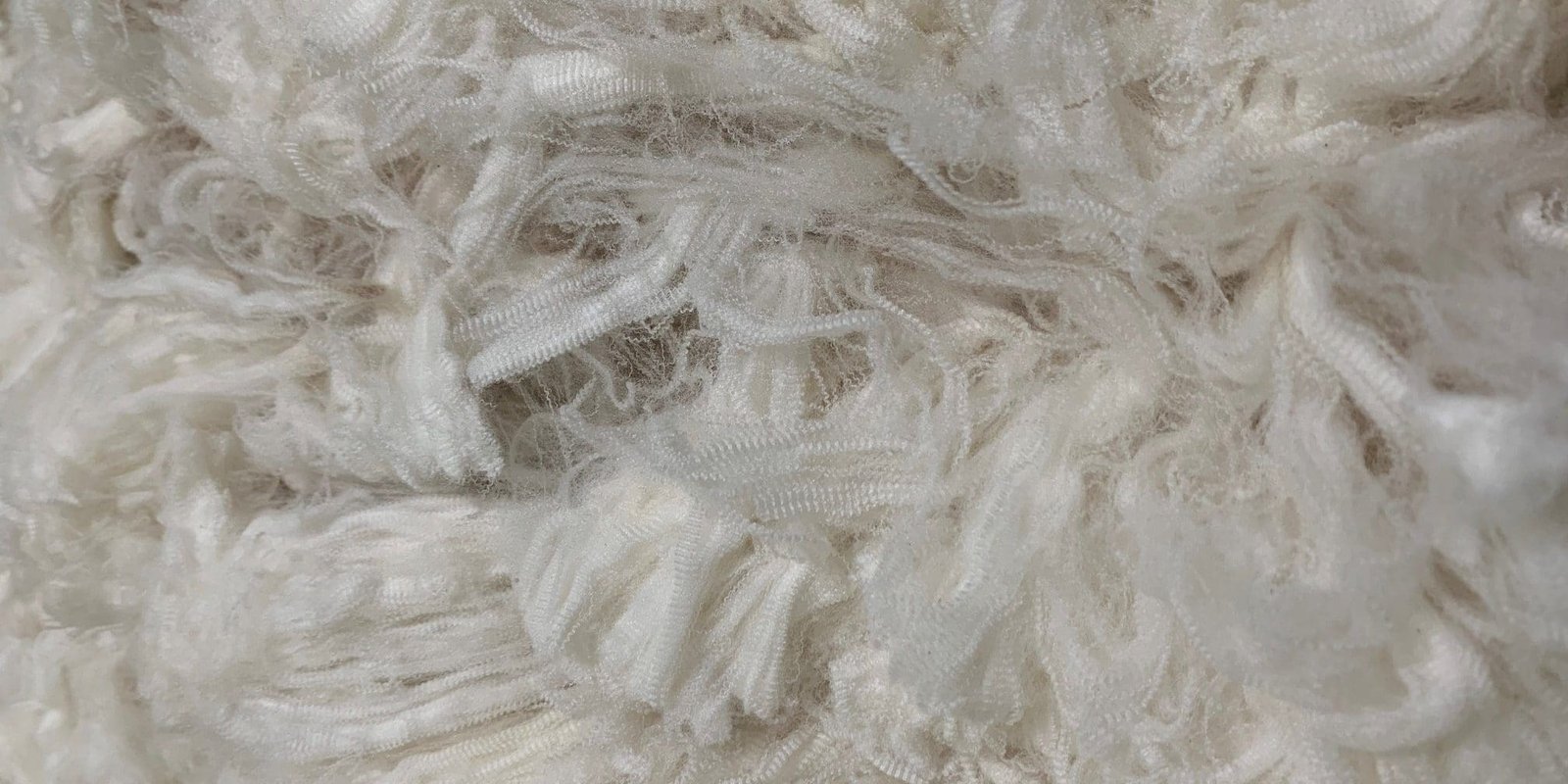Spinnova and VF brand Icebreaker are working together to create circular midlayer garments using next-generation merino wool and the truly sustainable Spinnova fibre, which can be reused indefinitely.
Spinnova and Icebreaker’s new combination is both sustainable and pleasant, as well as totally circular. Following consumer use, the created yarn is meant to be separated and reused, bringing the project one small step to circularity and minimising environmental effect.
Icebreaker is a sustainable pioneer in the industry, with ambitious environmental targets such as eliminating the usage of plastic fibres by 2023. By 2020, 91 percent of Icebreaker’s components would have been merino or organic.
“The ability to recycle Spinnova into a new fibre repeatedly makes this disruptively circular,” said Alistair Smith, Icebreaker’s director of global product design. “This collaboration advances sustainability initiatives.” The company was set off from the VTT research unit in 2019 and built its first pilot scale plant before being a listed corporation last year and being listed on the Helsinki stock exchange.
Spinnova technology allows for the creation of fibre not just from wood, but also from textile waste and agricultural wastes such as wheat straw.
The procedure is reported to utilise 99 percent less water and no toxic chemicals than the cotton value chain. The fibre emits very little CO2 during manufacture, degrades quickly, and contains no microfibers. Fibres are made from wood, but also from waste textiles and leather, and the procedure includes pulping before mechanized processing, with no requirement for decomposing pulp. In the procedure, fundamental fibrils are released by proprietary spinning nozzles, and the water is drained. As a result, Spinnova technology is a dry spinning method that does not entail any washing cycles. Spinnova has recently teamed with Suzano, the world’s largest wood eucalyptus pulp manufacturer, to construct Respin, a commercial level fibre mill in Finland, with output scheduled for 2022. The Respin manufacturing with Suzano will be pulp-based, but Spinnova is also working on a second technological platform with Helsinki-based. This industrial technique might easily transition from leather waste to textile waste.

